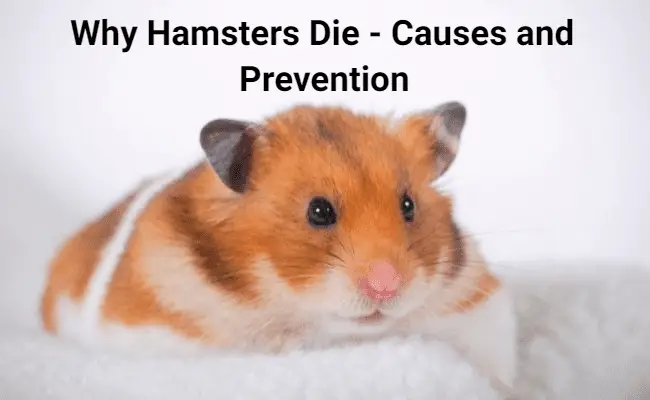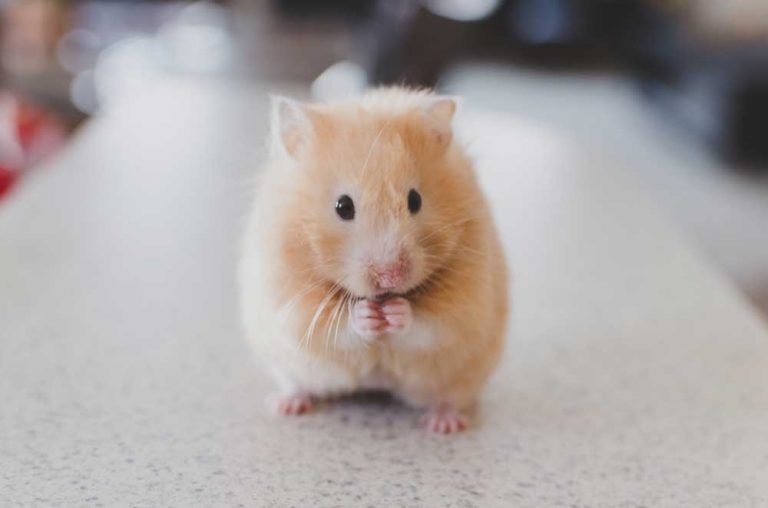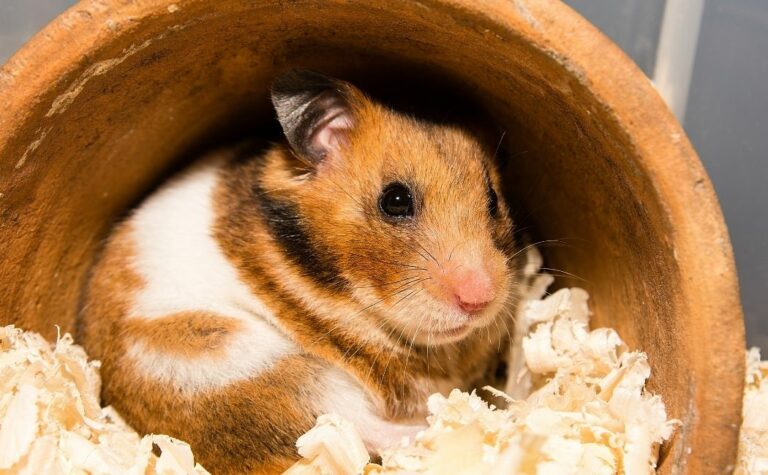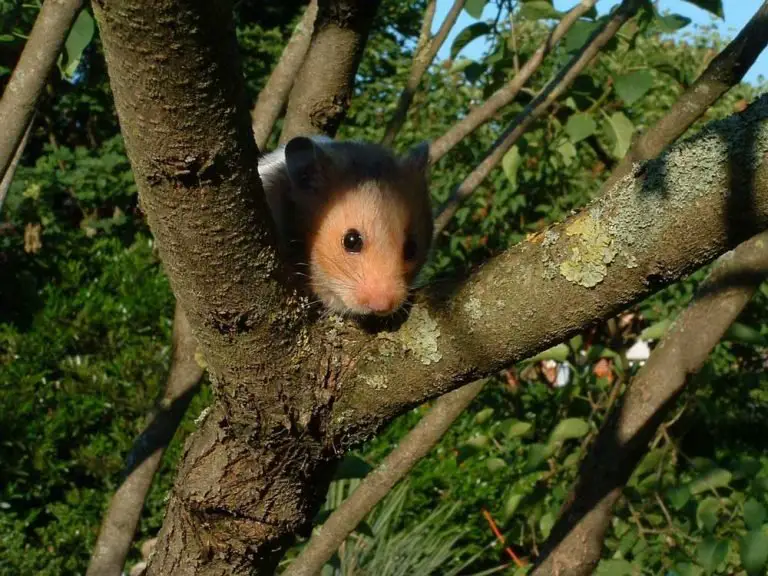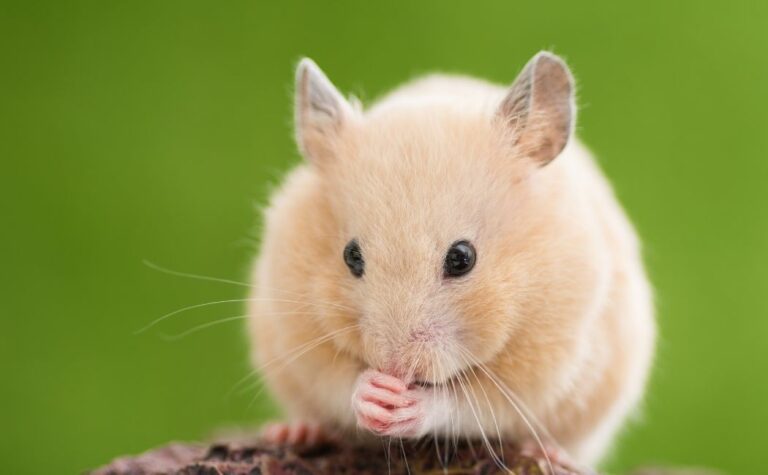Why Hamsters Die – Common Causes and Prevention
The last thing every hamster owner wants to hear is that their beloved pet has passed away. Unfortunately, death is inevitable, and it’s something that as a pet owner you have to prepare for.
So, what causes hamsters’ death? Is there a way of knowing when the end is near? What can you do to prevent it? All these and many more are some of the most frequently asked questions by hamster lovers.
In this article, we will be talking about everything you probably ever wanted to know about hamster death. And without further ado, let’s get started.
But just before we can get to that, first things first, let’s talk about hamster lifespan.
How Long Do Hamsters Live?
Hamsters are commonly thought to only live 2.5 years on average. However, 4-5 years is actually their natural lifespan (in the wild). The reason why they have a shorter lifespan when kept as pets at home is believed to be the difference in the living conditions.
In the wild, hamsters live in a rocky environment, with several dozens of them living together. In this kind of lifestyle, they can roam from one place to the other and hunt for their food. It also keeps them active as they have to be constantly on guard from predators who may want to eat them.
In an artificial habitat such as a cage, hamster lifespan decreases. Every time the hamster enters its cage, it is no longer active as there are no predators around. This makes them prone to several diseases, which leads to death.
So, if you want your little friend to live long, make sure you give it an active lifestyle.
So now we know the lifespan of a hamster – how about we talk about what causes hamsters’ death? And if we can find out these causes, perhaps we can prevent them from happening at all.
Let’s get to that then!
What Causes Hamsters’ Death?
Death in hamsters is caused by several factors. Some are environmental while others are genetic. If you notice any changes in your pet’s behavior or health, immediately take it to a vet for evaluation.
Here are the most common causes of hamster death:
Old age
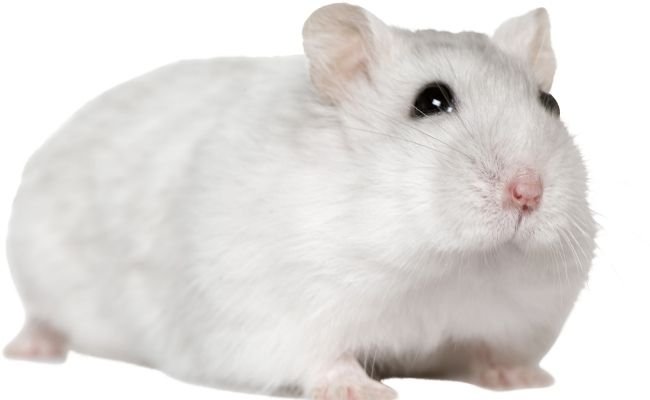
Old age is probably one of the main causes causing hamsters’ death, particularly if they’re kept as pets. Just like humans, hamsters will eventually grow old and weaker.
They may experience loss of appetite and weight, irregular breathing patterns, and even abnormal sleeping patterns. All these changes will increase the chances of your little hammy dying.
Illnesses and diseases
Just like humans, old age isn’t the only cause of death in hamsters. Illnesses and diseases also put your hamster in the path of danger. These little friends are more vulnerable to conditions such as respiratory problems, tumors, and digestive issues.
These conditions may be brought about by poor diet, poor living conditions, or they can be genetic. Some can even come from parasites, so always ensure that you keep a keen eye on your hammy for any attacks.
Birth defects
Hamsters are quite resilient because they can live in any environment – including the wild. But even with all their resilience, they are still animals after all, meaning they have their own genetic flaws which lead to birth defects.
Some of these defects include heart malformations, deformed limbs, digestive tracts that are too long, and skeletal abnormalities. All these will compromise your hamster’s life.
Poisoning
Yes, even poisoning can kill your helpless little hamster! The source of the poisoning can range from household chemicals such as pesticides to the foods you give them to the bedding.
Things such as apple seeds, raw potatoes, raw beans, and garlic can be dangerous for hamsters. Again, avoid bedding from pine and cedar as they can cause respiratory problems for your little friends.
Other pets

Hamsters are smaller than most of the pets we keep at home. Even worse, some pets such as cats see hamsters as prey. They will be attacked and killed in an instance if we let them get near to them without human supervision.
If you have a dog or cat, make sure their cages are secure too – otherwise, there may come a time when your hamster is in danger of dying in the hands of your pets.
Stress and injury
As small animals, hamsters are also sensitive to stress. The slightest change in their environment may put them under a lot of pressure, thus weakening their health.
The same goes for injuries – they can become fatal especially when the hamster is already compromised by stress. If you notice any changes in your little friend’s behavior or appearance, it is best to transport them to a good vet immediately.
How Can You Prevent Hamsters’ Death?
Now that you know what can make hamsters’ die, let’s move on to how we can prevent their death! Just like humans, there are several things we need to do in order to keep our little buddies safe.
Keep your hamster’s cage clean
We’ve talked about this before – hamsters are very sensitive to changes in their environment. Their cage is no exemption!
This means that you need to check their bedding, whether it’s something they can chew on or if it contains harsh chemicals. You also need to keep the floor clean and dry so that your pet has a good living space.
Keep them safe from other pets
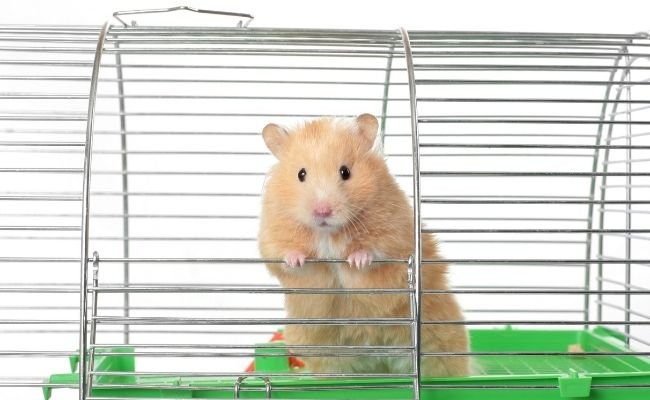
We’ve mentioned this before, but it is worth mentioning again. Keep your hamster’s cage secure from other pets that can harm them! You will never know what they are planning, so it is best to keep your little friends away from potentially dangerous animals.
Give them their daily nutritional requirements
Just like humans, our little buddies need a balanced diet to keep up their strength. Make sure that you provide them with fresh fruits and vegetables, as well as water so that they can stay hydrated.
Again, always ensure that you stick to the right quantity. Overfeeding your hamster can attract health problems such as obesity, diarrhea, and other complications.
Make sure they have enough exercise
Exercise is another way to keep your hamster healthy – just like humans! Provide enough room for your pet to run and play around – it will keep their muscles strong and aid in better digestion.
In addition, you need to keep an eye on your hamster’s health every day. Make sure that they are active and curious, with a shiny coat. If you notice any changes in their appearance or behavior, it is best you take them to the vet right away.
Take them to the vet

Like all creatures, our little furry friends need medical care too! Make sure you have a good vet so that your friend can get proper checkups and vaccinations for their own safety.
One thing to keep in mind is that hammies need a special type of vet. This is because most vets are trained to treat dogs and cats – not hamsters! If you can’t find a specialized vet near your home, it is best that you ask around for one.
So yes, as we have seen, there are several things we need to take note of to ensure that our hamsters stay healthy, but mostly – alive! At times the cause of death is beyond our control, but where within, we need to make the best decisions to keep them safe from harm.
Do Some Hamster Breeds Live Longer Than Others?
Yes, there are certain breeds of hamsters that live longer than the other. Of the three most common hamster breeds, that is, Syrians, Roborovski, and Dwarf hamsters – it is the Robo hamsters that live the longest. They can live as long as five years to as little as two – but an average is three years.
The Syrian hamster can go up to four years, and the Dwarf species around two or three. It also really depends on the care you give your pet – taking good care of your furry friend can help them live a longer life!
How Can You Tell That Your Hamster Is About To Die?
You can’t always tell that your hamster is about to die. It can come on you quite suddenly!
However, there are some ways to tell that your hamster is about to die. For example, they may stop eating and drinking water altogether. Another way is if you notice any of their limbs sticking out awkwardly (like they’ve broken a leg). Still, the best way is to take them to the veterinarian for an examination.
Also, if your pet is past the average lifespan, then you need to be a bit more observant. For example, if you’ve had your pet for 3 years and they suddenly become lethargic or lack the energy to play, then that should tell you that their health is declining. Still, it’s best to take them to the vet for an exam.
Why Did My My Hamster Die So Suddenly?
Hamsters will die so suddenly because of an underlying health condition, especially where it goes unnoticed. Again, contamination, malnutrition, and spoilage can all cause mysterious sudden death for hamsters.
Other apparent causes of instant death include hitting the bars of the cage, stress, and attacks from the other pets in the area.
How Do You Know That Your Hamster Is Dead?
You can know that your hamster is dead and not asleep by touching their stomach area. If they are dead, you will be able to tell because the body feels stiff and cold.
Also, if your hamster has died suddenly (i.e. did not die of an illness), then there should be some sign of bodily fluids in or around the cage. This can be a good indicator that something was not right.
Is It OK To Cry Over A Dead Hamster?
Yes, it is absolutely normal for you to feel sad about your little friend’s death. Remember that he has been a part of your life, even if it was only for a short time.
If you are crying because you are sad, it means that the bond between the two of you was strong enough to make an impact on how you now feel. If you are crying because you feel like it is your fault, remember that you did the best you could to keep them healthy.
What Do You Do With A Dead Hamster?
In case of death, the best thing to do with your dead hamster is to give them a proper burial. You loved your hammy, and the only remaining opportunity to show how much you loved them is by giving them a decent burial.
If possible, don’t let your other pets play with the dead hamster since it can be quite traumatic for them if they find out that their friend is gone.
What Do I Do With My Dead Hamster’s Cage?
What to do with the hamster cage of your dead hammy will depend on whether or not are willing to bring in a new hamster.
If you are thinking of getting another hamster friend, do NOT use the same cage for the new one if the previous one is dead.
You will need to clean out all of the old hamster’s stuff and let it air out for a couple of days before you can safely put another friend in. If you don’t do this, the new hamster will almost definitely die – so be careful!
If you aren’t willing to buy a new hamster, you can use the cage of your dead little friend for your other pets. Only ensure that you clean the cage well and give it a proper disinfectant bath.
Final Verdict
It’s unfortunate that hamsters don’t live as long as other pets, and it’s always sad to see our little friends pass away. And while some causes are beyond our control, we still have a few things we can do to reduce the chances of them dying prematurely.
And if your hamster has died, don’t be too hard on yourself. The bond you made with them will live on in your heart and the memories you have of all those cute things they did.

